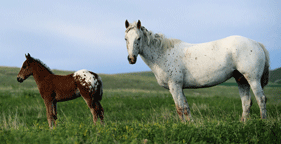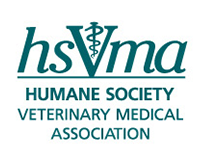GFAS and Equine Rescue SanctuariesMarch 6, 2009 By Kim Haddad, DVM The Global Federation of Animal Sanctuaries (GFAS) was formed in 2007 by nationally and globally recognized leaders in the animal protection field. Founders include the GFAS President Adam M. Roberts, Senior Vice President of Born Free USA, and GFAS Vice President Mike Markarian, Executive Vice President of The Humane Society of the United States. I serve on the GFAS Board with another veterinarian, Ian Robinson, FRCVS, International Fund for Animals. Help for Animal Sanctuaries GFAS helps establish guidelines and standards for animal sanctuaries globally. The GFAS does not intend to run animal sanctuaries, but rather to help sanctuaries help animals. With the establishment of clear, specific guidelines on the humane care of various species in captive facilities and the provision of an objective and realistic accreditation process for the field on an international level, the GFAS brings new opportunities for global cooperation and mentoring. The GFAS is the first animal sanctuary accrediting organization to take on this task at an international level. (Please note: Domestic cat and dog sanctuaries are not covered by the GFAS.) High StandardsRecently the GFAS has begun the accreditation process with several equine rescue facilities or sanctuaries. This process includes a very thorough evaluation of rescue or sanctuary structure and governance (including finances and sustainability), community outreach, education, staffing, physical facilities, advocacy, security and safety, the veterinary medical program, equine care standards, and a site visit and facility assessment by skilled GFAS volunteers and professionals. These standards were developed and reviewed by several working groups comprised of sanctuary managers, animal protection advocates, animal control officers, and veterinarians. Existing standards from outstanding equine rescues or sanctuaries were utilized as a starting framework and expanded upon based on knowledge and expertise of contributors. It is a working, dynamic document and will be continually reevaluated and revised to ensure the best possible standard of care. Donors, funders, and government agencies can rely on the GFAS to objectively verify that equine rescue facilities and sanctuaries are providing animals the standard of care that they deserve and that a sound infrastructure is in place. Veterinarians wanting more information, or those interested in becoming GFAS volunteer inspectors in their state should email Patty Finch, Executive Director, call the GFAS at 928-472-1173, or visit their web site. Dr. Kim Haddad is a veterinarian and GFAS Board Member |
